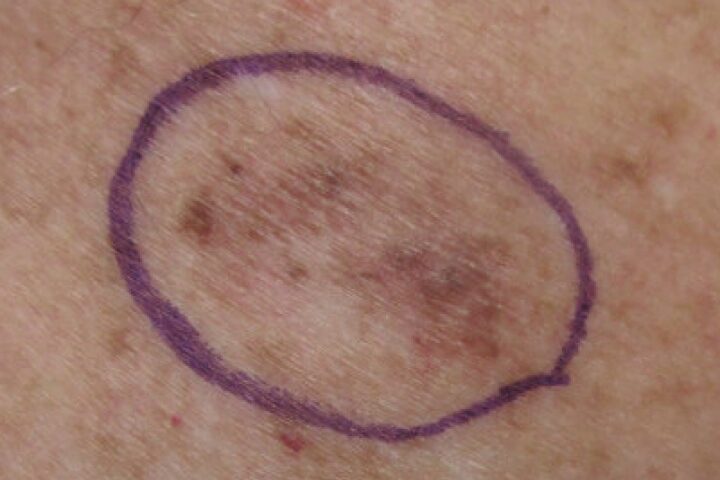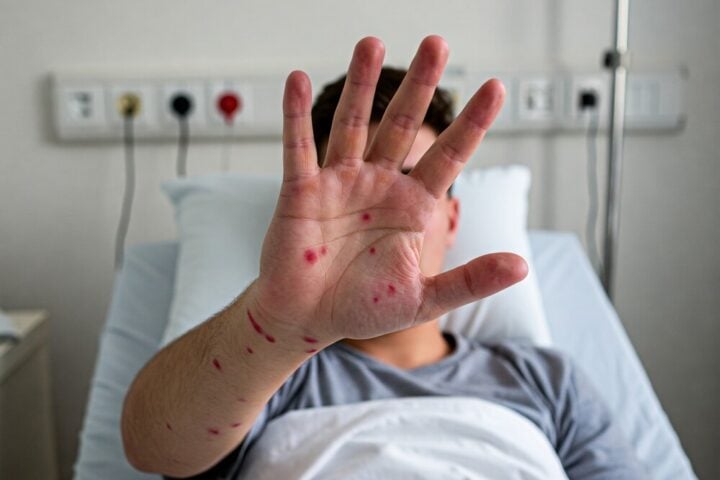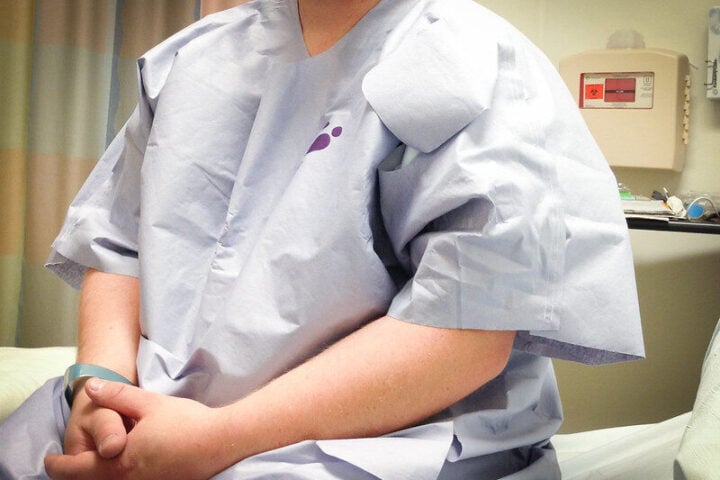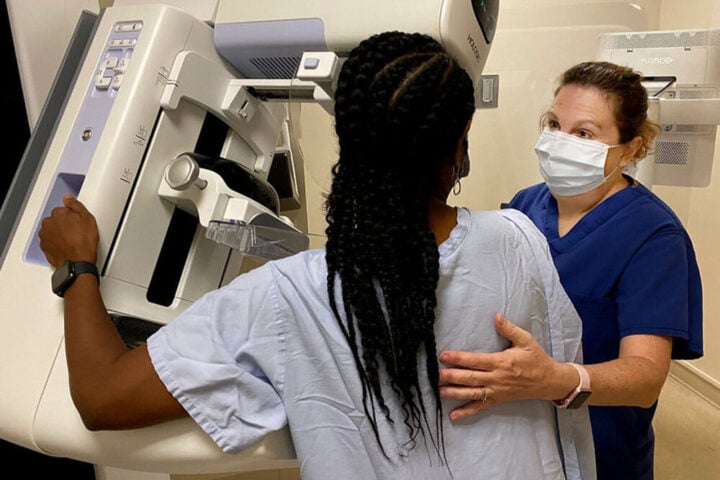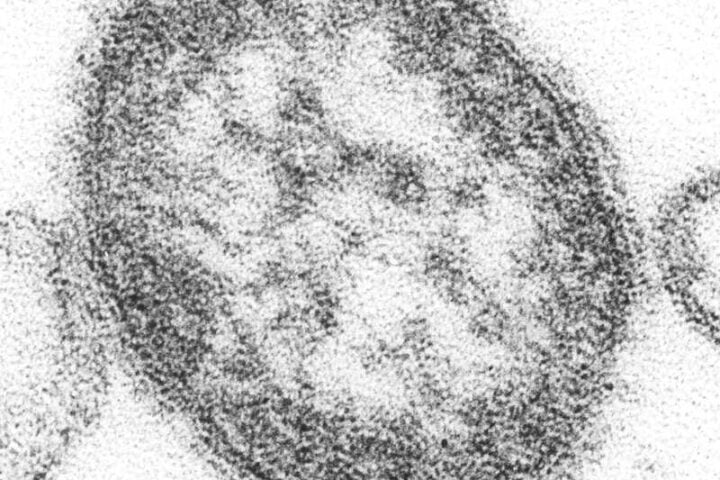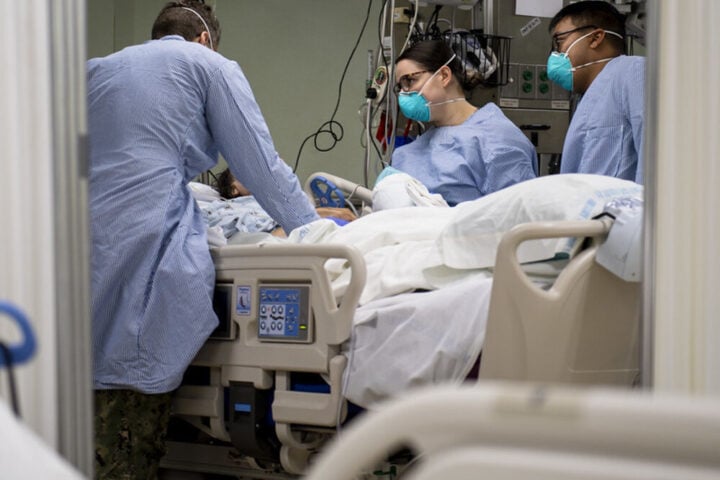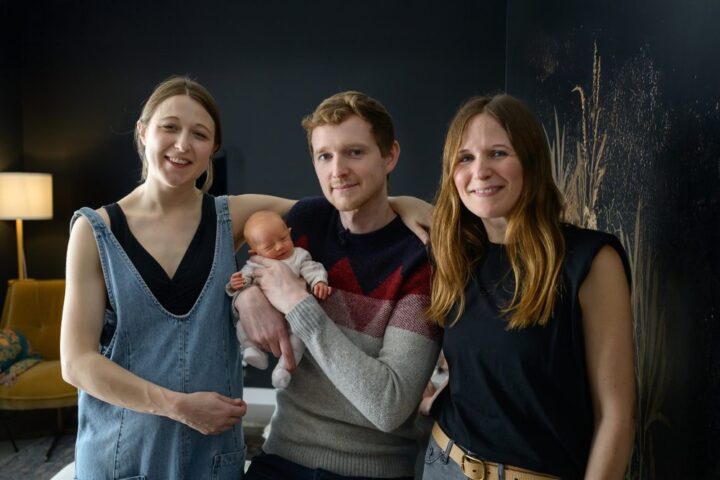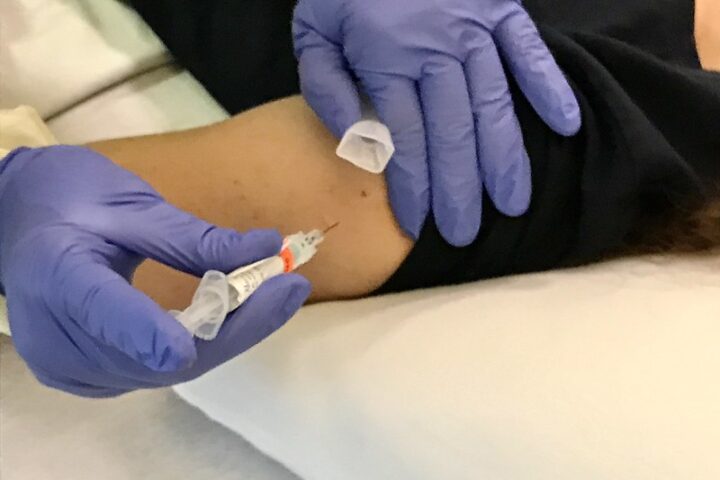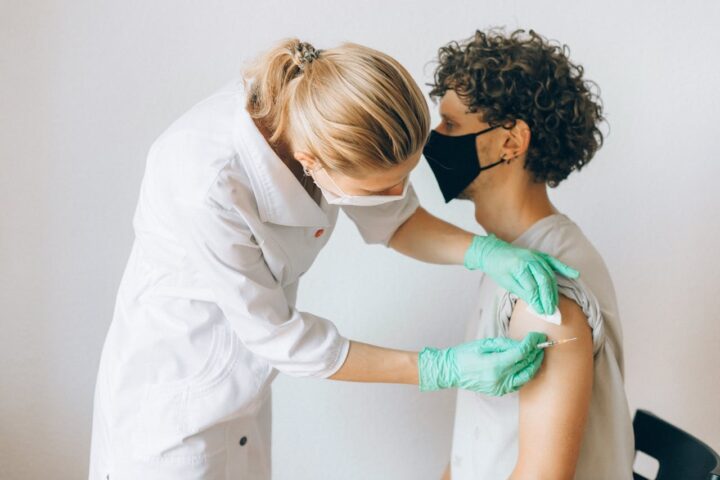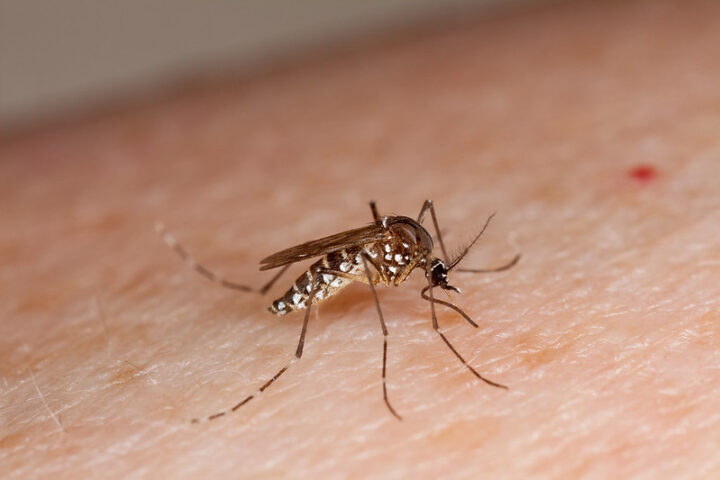The NHS wants more older adults to get their RSV vaccine. Over 1.3 million people aged 75-79, and those who turned 80 after September 1, 2024, still need this important protection.
“RSV isn’t just a winter problem,” says Steve Russell from the NHS. “It can strike any time of year and make older people sick.”
However, there is good news- Nearly 1.5 million people have already gotten their RSV shot since September and this vaccine could stop up to 2,500 people from going to the hospital, prevent 15,000 doctor visits, and keep 60,000 people from getting sick.
RSV starts like a cold but can get much worse. “It spreads through coughs and sneezes, just like a cold,” says Dr. Chun Tang. “You can also get it by touching surfaces with the virus on them.”
While a runny nose and cough might not sound scary, RSV can lead to serious problems. Dr Conall Watson from the UK Health Security Agency explains: “In older people, RSV can cause lung infections like pneumonia. It can also make existing health problems worse.”
Similar Posts
Right now, hospitals are seeing the effects of RSV. Last week, they treated an average of 18 children each day for RSV – down from 28 the week before. Hospitals are especially busy this winter, making prevention even more important.
Protection for Two Groups
The NHS is offering the vaccine to two main groups:
People aged 75-79 and those who turned 80 after September 1, 2024
Pregnant women who are at least 28 weeks along
Lucy Archer, who helps run the vaccine program, points out that pregnant women pass protection to their babies when they get the vaccine. This helps keep newborns safe from RSV.
Getting the Vaccine
The NHS is sending text messages to remind people about the vaccine. You can book an appointment with your GP practice or contact your local community pharmacy when you receive the text message invitation. You can also attend walk-in clinics.
Three RSV vaccines are now available, including ones from Pfizer, GSK, and Moderna. For infants, protection is available through Beyfortus®.
For more information about RSV symptoms and vaccination, visit the NHS website. If you’re eligible, you can contact your GP practice or maternity service about getting the vaccine.



